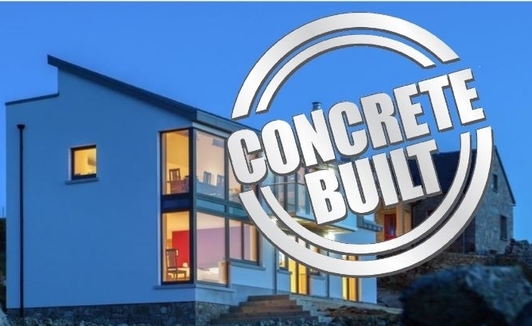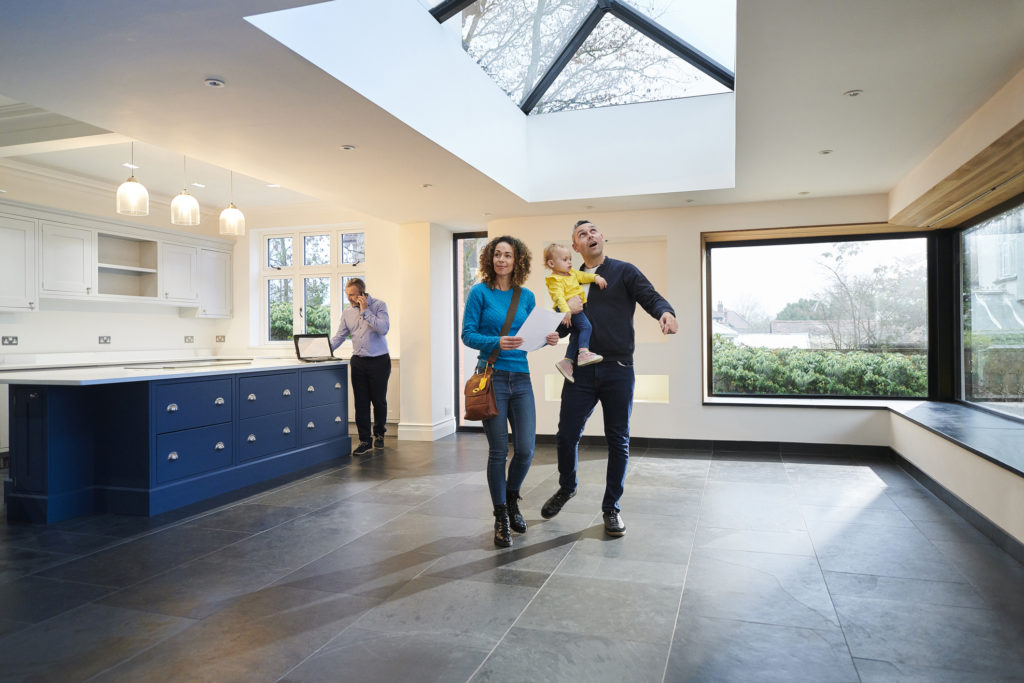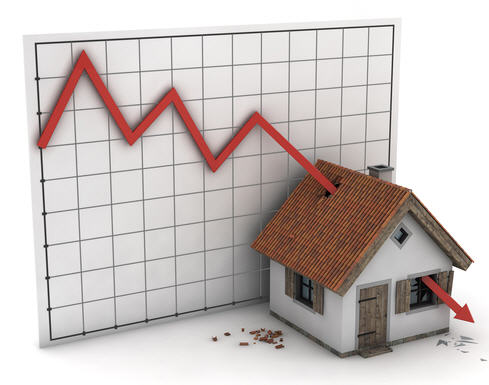So you are buying a new home!
There are so many things to consider when purchasing a new home. Location, size, access to local amenities and obviously price are sure to be to the forefront of your mind. All of these issues are indeed very important.
However features such as the strength, durability, fire-safety, noise resilience, flood resilience and adaptability of your new home are of equal importance. All of these characteristics relate to the basic structure or fabric of your new home. Sometimes these considerations are taken for granted or even forgotten until it is too late.
Houses with a fully concrete structure or fabric have major advantages over alternative lightweight construction. Concrete does not burn, rust, warp, rot or melt and its heavyweight nature gives it excellent sound resistance and energy conserving properties.
These characteristics are naturally ‘built-in’ in concrete. This is why the vast majority of houses and apartments in Ireland have been constructed with a fully concrete structure.
You will have many questions to ask when viewing your potential new home. Questions about its structure or fabric should be added to your list. So next time, be sure to also ask if the home you are viewing a fully concrete built home.
Why concrete?

FIRE SAFE
Fire safety comes as standard with concrete and masonry construction. In fact concrete has in-built fire protection.
Concrete has unsurpassed and proven fire resistance properties. Concrete is a non-combustible material (i.e. it does not burn). It cannot be set on fire unlike other materials in a building and concrete elements retain their strength at high temperatures, so concrete structures can withstand the effects of a fire without requiring any other form of active or passive protection. This in-built safety feature comes at no additional cost and will always be there, even if the building changes over time due to refurbishment or accidents. In addition, concrete does not require special coatings or sealers. This means that concrete has much more to offer than other structural construction materials when it comes to fire protection. In essence, concrete can be described as virtually ‘fireproof’.
COMFORTABLE
Quieter homes can make a valuable contribution to the health and well-being of occupants. Sound insulation from noisy external environments and between properties is increasingly recognised as an important requirement for new homes. Concrete walls and floors provide high levels of sound insulation across a wide range of frequencies, thereby reducing noise levels in homes. This is achieved by the inherent mass, stiffness and damping properties of concrete.
In addition homes which can maintain stable indoor temperatures, irrespective of external fluctuations contribute to a comfortable living environment. Concrete’s thermal mass has two effects in a building. It moderates internal temperatures and it delays the time at which peak temperatures occur. In effect, daytime temperatures in a heavyweight building, such as a concrete or masonry built building, will peak lower and later than in a lightweight building and temperatures will not drop as much over the course of the night.
To find more on the benefits of concrete visit www.concretebuilt.ie





